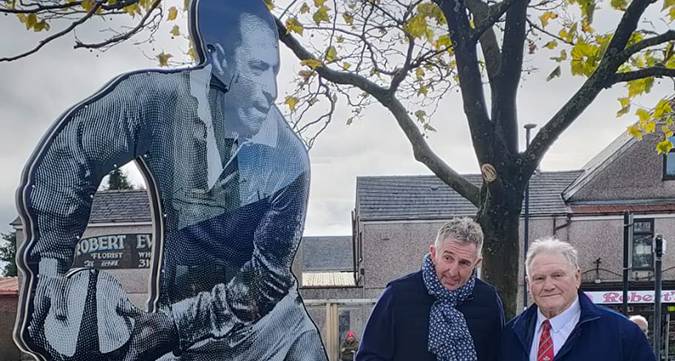 THE unveiling of a monument to Roy Francis in his home town in South Wales reflects not just the fine achievements of the pioneering former player and coach, but also the inclusivity from an earlier era than many sports of Rugby League.
It would be wrong to suggest the winger never experienced racial prejudice after switching to the 13-a-side co
THE unveiling of a monument to Roy Francis in his home town in South Wales reflects not just the fine achievements of the pioneering former player and coach, but also the inclusivity from an earlier era than many sports of Rugby League.
It would be wrong to suggest the winger never experienced racial prejudice after switching to the 13-a-side co Monument unveiled to honour Rugby League trailblazer Roy Francis
 THE unveiling of a monument to Roy Francis in his home town in South Wales reflects not just the fine achievements of the pioneering former player and coach, but also the inclusivity from an earlier era than many sports of Rugby League.
It would be wrong to suggest the winger never experienced racial prejudice after switching to the 13-a-side co
THE unveiling of a monument to Roy Francis in his home town in South Wales reflects not just the fine achievements of the pioneering former player and coach, but also the inclusivity from an earlier era than many sports of Rugby League.
It would be wrong to suggest the winger never experienced racial prejudice after switching to the 13-a-side co 